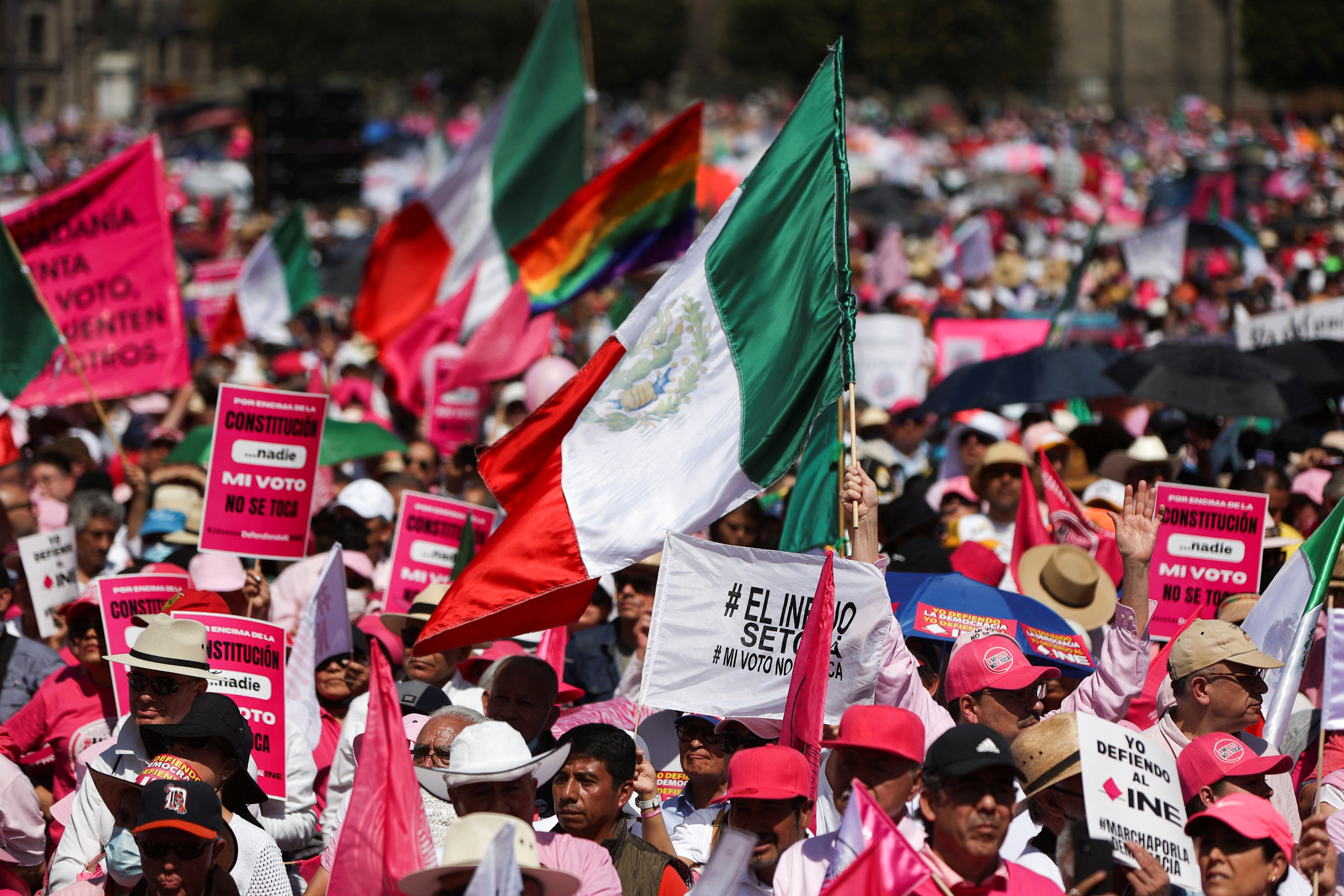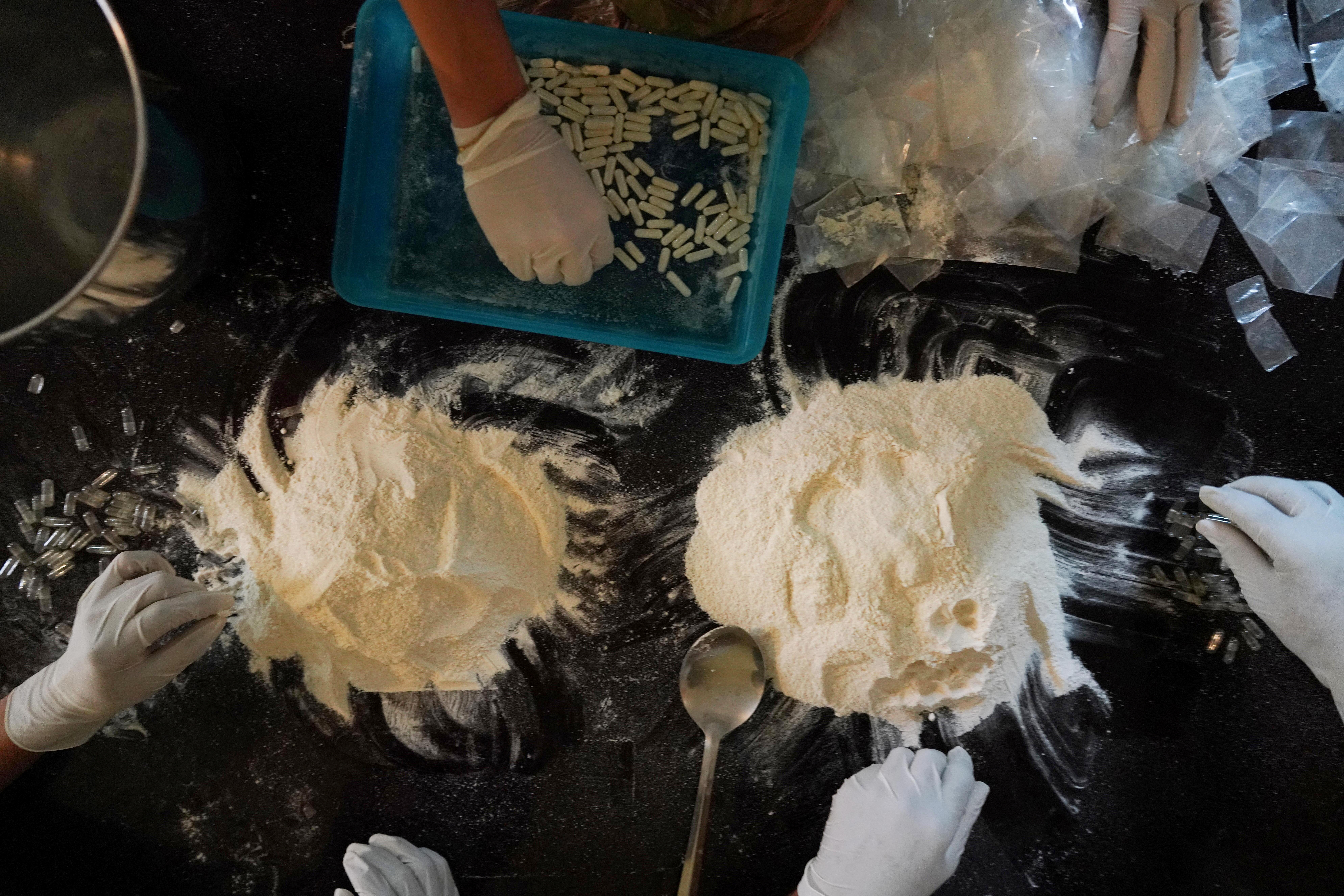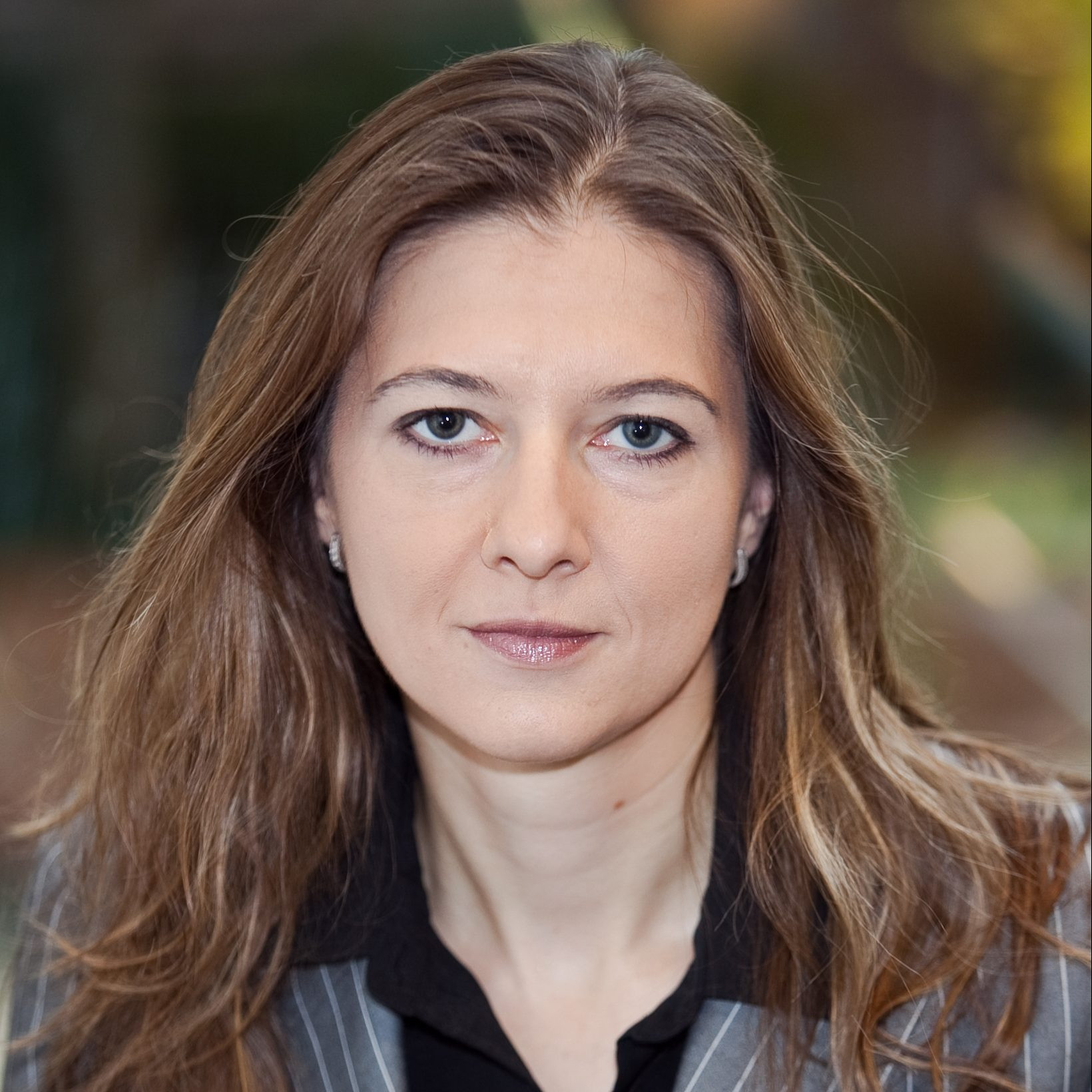Are you curious about Who Is The President Elect Of Mexico, and what her election signifies for the future, especially concerning LGBTQ+ rights and travel? gaymexico.net is here to guide you through the intricacies of Mexican politics and its impact on the LGBTQ+ community. Discover how Mexico’s new leadership might shape LGBTQ+ travel experiences and rights. Stay informed with us about LGBTQ+ Mexico!
Table of Contents
- A Historic Election: Who Is the President Elect of Mexico?
- What Were The Key Issues In The Presidential Campaign?
- What Powers Does The President Of Mexico Hold?
- What is Morena’s Role In Mexican Politics?
- What Challenges Will The New President Face?
- How Did Mexico’s First Primaries Impact The Election?
- What Role Did Organized Crime Play In The Election?
- What Are The Implications Of The Election Results?
- What Does The Future Hold For Mexico’s Democracy?
- How Will The New President Impact LGBTQ+ Rights In Mexico?
- What Should LGBTQ+ Travelers Know About Mexico’s Political Climate?
- Where Can LGBTQ+ Travelers Find Up-To-Date Information?
- Frequently Asked Questions (FAQs)
1. A Historic Election: Who Is the President Elect of Mexico?
Claudia Sheinbaum is the president elect of Mexico, marking a historic moment as the first woman to hold the office. Elected on June 2nd with nearly 60% of the popular vote, she represents the Morena party and is a staunch supporter of the outgoing president, Andrés Manuel López Obrador. Her election signifies a potential continuation of the “Fourth Transformation,” a socio political restructuring aimed at empowering marginalized communities. Sheinbaum’s administration will have significant influence on various aspects of Mexican society, including LGBTQ+ rights and safety, especially for LGBTQ+ travelers.
 Claudia Sheinbaum rally in Mexico City
Claudia Sheinbaum rally in Mexico City
A vibrant demonstration unfolds in Mexico City, showcasing energetic participants rallying in support of Claudia Sheinbaum’s progressive vision for Mexico.
2. What Were The Key Issues In The Presidential Campaign?
The presidential campaign revolved around several critical issues, including security, corruption, and social inequality. Sheinbaum campaigned on continuing López Obrador’s policies, focusing on social programs and economic empowerment for the poor. However, the pressing issue of organized crime and violence, which saw a significant increase during López Obrador’s term, remained a major concern. According to Human Rights Watch, Mexico faces a severe human rights crisis, with widespread violence, impunity, and corruption affecting various segments of society, including the LGBTQ+ community.
Key issues included:
- Security: Tackling organized crime and reducing violence across the country.
- Corruption: Continuing efforts to combat corruption within the government and institutions.
- Social Inequality: Addressing the economic disparities and empowering marginalized communities, including LGBTQ+ individuals.
- Constitutional Reforms: Debating the proposed constitutional reforms and their impact on Mexican democracy.
3. What Powers Does The President Of Mexico Hold?
The President of Mexico holds substantial power, capable of shaping domestic and foreign policies. Sheinbaum, with her party’s majority in Congress, has the potential to pass significant legislation, including constitutional reforms. This includes influencing laws and policies that directly affect LGBTQ+ rights, such as marriage equality, anti discrimination measures, and hate crime legislation. The president’s influence extends to appointing key officials, controlling the national budget, and directing the country’s security forces.
Here’s a breakdown of the president’s powers:
| Power | Description |
|---|---|
| Legislative Influence | Ability to propose and influence legislation, especially with a supportive Congress. |
| Appointment Authority | Power to appoint key government officials, including cabinet members, judges, and ambassadors. |
| Budget Control | Management of the national budget, allowing for the allocation of resources to various sectors, including social programs and security initiatives. |
| Security Directives | Command over the country’s security forces, enabling the president to address organized crime and maintain public safety. |
| Foreign Policy | Authority to conduct foreign policy, negotiate treaties, and represent Mexico in international forums. |
| Constitutional Reform | With sufficient support in Congress, the president can initiate and pass constitutional reforms, which can have long lasting impacts on the country’s legal and political framework. |
4. What is Morena’s Role In Mexican Politics?
Morena (Movimiento Regeneración Nacional) is a dominant force in Mexican politics, founded by Andrés Manuel López Obrador. The party’s agenda focuses on social justice, anti-corruption, and economic empowerment for the poor. With Sheinbaum’s victory and Morena’s strong presence in Congress, the party is positioned to implement significant policy changes. This could include strengthening LGBTQ+ rights or, conversely, maintaining the status quo. It is crucial to monitor how Morena’s policies will affect the LGBTQ+ community and tourism in Mexico.
 Andrés Manuel López Obrador during a press conference
Andrés Manuel López Obrador during a press conference
Andrés Manuel López Obrador addresses the press, highlighting key policy initiatives aimed at combating corruption and promoting social justice in Mexico.
5. What Challenges Will The New President Face?
Sheinbaum faces numerous challenges, including tackling organized crime, addressing economic inequality, and managing the diverse factions within her own party. The high levels of violence against women, including femicides, also demand urgent attention. Additionally, she must navigate her relationship with López Obrador, who still holds considerable influence. For LGBTQ+ travelers, safety concerns and varying levels of acceptance across different regions remain important considerations.
Here are some key challenges:
- Organized Crime: Combating powerful criminal organizations that exert control over large parts of the country.
- Economic Inequality: Addressing the deep rooted economic disparities that affect millions of Mexicans.
- Violence Against Women: Reducing the alarmingly high rates of femicides and gender based violence.
- Political Division: Managing the diverse interests and agendas within her own party and the broader political landscape.
- Democratic Backsliding: Preventing further erosion of democratic institutions and checks and balances.
6. How Did Mexico’s First Primaries Impact The Election?
Mexico’s first primary-like selection processes for presidential candidates marked a significant shift towards greater transparency and popular mandate. However, the absence of formal regulations and disregard for electoral authorities also highlighted the ongoing challenges with the rule of law. These primaries also exacerbated political divisions in an already polarized country. Despite these issues, the primaries represent a step towards more democratic participation in the selection of political leaders.
Impact of the primaries:
| Impact | Description |
|---|---|
| Increased Transparency | Provided a more transparent process for selecting presidential candidates, allowing greater public participation. |
| Popular Mandate | Gave candidates a stronger popular mandate, enhancing their legitimacy and authority. |
| Rule of Law Challenges | Highlighted the ongoing challenges with the rule of law in Mexico, due to the absence of formal regulations and disregard for electoral authorities. |
| Political Polarization | Exacerbated political divisions in an already highly polarized country, potentially making it more difficult to build consensus and govern effectively. |
7. What Role Did Organized Crime Play In The Election?
Organized crime played a disturbing role in the elections, with violence against politicians reaching record levels. Criminal groups used assassinations, bribery, and intimidation to influence the outcome of the elections. This included selecting and promoting their preferred candidates, intimidating rival candidates, and dictating voting choices to local populations. The pervasive influence of organized crime poses a significant threat to Mexican democracy and the safety of its citizens.
 Protest against political violence in Mexico
Protest against political violence in Mexico
Demonstrators gather to protest political violence in Mexico, demanding justice and greater security measures to protect candidates and voters.
8. What Are The Implications Of The Election Results?
The election results consolidate Morena’s power and provide Sheinbaum with a strong mandate to implement her agenda. However, this also raises concerns about potential democratic backsliding and the concentration of power in the executive branch. It remains to be seen whether Sheinbaum will be able to address the country’s pressing challenges and maintain a balance between continuing López Obrador’s policies and forging her own path.
Key implications:
- Consolidation of Power: Morena’s increased control could lead to significant policy changes.
- Democratic Concerns: Potential for democratic backsliding if checks and balances are further weakened.
- Policy Continuity: Likelihood of continuing López Obrador’s social programs and economic policies.
- Security Challenges: Pressure on Sheinbaum to address organized crime and violence effectively.
- LGBTQ+ Impact: Uncertainties about how the new administration will address LGBTQ+ rights and issues.
9. What Does The Future Hold For Mexico’s Democracy?
The future of Mexico’s democracy depends on several factors, including Sheinbaum’s ability to resist authoritarian tendencies, strengthen democratic institutions, and address the influence of organized crime. The proposed constitutional reforms, which include changes to the judiciary and electoral commission, could have far reaching consequences for the country’s democratic framework. It is crucial to monitor these developments and advocate for the protection of democratic values and human rights.
Factors influencing Mexico’s democracy:
| Factor | Description |
|---|---|
| Leadership Choices | Sheinbaum’s decisions regarding democratic institutions and checks and balances will be crucial. |
| Institutional Strength | The resilience and independence of democratic institutions, such as the judiciary and electoral commission, are vital for safeguarding democracy. |
| Organized Crime Control | Effectively addressing the influence and violence of organized crime is essential for ensuring free and fair elections and governance. |
| Constitutional Reforms | The outcome of the proposed constitutional reforms will significantly impact the structure and functioning of Mexico’s democracy. |
| Civil Society Engagement | The active participation and advocacy of civil society organizations are crucial for holding the government accountable and promoting democratic values. |
10. How Will The New President Impact LGBTQ+ Rights In Mexico?
The impact of Sheinbaum’s presidency on LGBTQ+ rights in Mexico remains uncertain. While Mexico City, where she previously served as mayor, has a progressive record on LGBTQ+ issues, the national landscape is more complex. Advocacy groups are hopeful that she will continue to support LGBTQ+ equality, but it is essential to monitor her administration’s policies and actions. As reported by the UCLA Williams Institute, public support for same-sex marriage in Mexico has been growing, creating a favorable environment for further advancements in LGBTQ+ rights.
Potential impacts:
- Progressive Policies: Potential for advancing LGBTQ+ rights, based on her track record in Mexico City.
- National Challenges: Complex national landscape with varying levels of acceptance and legal protections for LGBTQ+ individuals.
- Advocacy Importance: Continued advocacy from LGBTQ+ organizations will be crucial for influencing policy decisions.
- Legal Advancements: Possibility of further legal advancements, such as marriage equality and anti-discrimination laws, at the national level.
- Community Support: Need for ongoing support and resources for LGBTQ+ communities across Mexico.
11. What Should LGBTQ+ Travelers Know About Mexico’s Political Climate?
LGBTQ+ travelers should be aware of Mexico’s political climate, including the varying levels of acceptance and legal protections across different regions. While major cities like Mexico City and Puerto Vallarta are known for their LGBTQ+ friendliness, other areas may be more conservative. It is advisable to research local laws and customs, exercise caution, and stay informed about any potential safety concerns. gaymexico.net provides valuable resources and information for LGBTQ+ travelers to Mexico.
Key considerations for LGBTQ+ travelers:
| Consideration | Description |
|---|---|
| Regional Variations | Acceptance and legal protections for LGBTQ+ individuals vary significantly across different regions of Mexico. |
| Safety Precautions | Exercise caution and be aware of your surroundings, especially in more conservative areas. |
| Local Laws and Customs | Research local laws and customs regarding LGBTQ+ rights and behavior. |
| Stay Informed | Stay updated on any potential safety concerns or political developments that may affect LGBTQ+ travelers. |
| Support Local Businesses | Support LGBTQ+ friendly businesses and organizations to contribute to the local community. |
12. Where Can LGBTQ+ Travelers Find Up-To-Date Information?
For up-to-date information on LGBTQ+ travel in Mexico, gaymexico.net is your go-to resource. We offer comprehensive guides, news, and community insights to help you plan a safe and enjoyable trip. Other reliable sources include LGBTQ+ travel blogs, human rights organizations, and local LGBTQ+ advocacy groups. Remember, staying informed is key to ensuring a positive travel experience.
A vibrant LGBTQ+ Pride Parade fills the streets of Mexico City, celebrating diversity and promoting LGBTQ+ rights and visibility.
13. Frequently Asked Questions (FAQs)
Q1: Who exactly is Claudia Sheinbaum?
Claudia Sheinbaum is the president elect of Mexico, the first woman to hold the position, representing the Morena party.
Q2: What policies is Claudia Sheinbaum expected to implement?
She is expected to continue the “Fourth Transformation,” focusing on social programs and economic empowerment while also addressing security and corruption.
Q3: How will Sheinbaum’s presidency affect LGBTQ+ rights in Mexico?
The impact is uncertain, but advocacy groups hope for continued support of LGBTQ+ equality, given her progressive record as mayor of Mexico City.
Q4: What challenges will Sheinbaum face as president?
Key challenges include tackling organized crime, economic inequality, violence against women, and political divisions.
Q5: How did organized crime influence the recent elections?
Organized crime groups used violence, bribery, and intimidation to influence election outcomes, posing a threat to democracy.
Q6: Where can LGBTQ+ travelers find reliable information about traveling to Mexico?
Gaymexico.net provides comprehensive guides, news, and community insights for LGBTQ+ travelers in Mexico.
Q7: What should LGBTQ+ travelers be aware of regarding safety in Mexico?
LGBTQ+ travelers should be aware of varying levels of acceptance across regions, research local laws, and exercise caution.
Q8: What is Morena’s role in Mexican politics?
Morena is a dominant political force focusing on social justice, anti corruption, and economic empowerment.
Q9: What are the proposed constitutional reforms in Mexico?
The reforms include changes to the judiciary, electoral commission, and the role of the military, raising concerns about democratic checks and balances.
Q10: How can I stay updated on LGBTQ+ issues and travel in Mexico?
Visit gaymexico.net for the latest news, guides, and community insights.
We encourage you to explore gaymexico.net for detailed travel guides, event listings, and opportunities to connect with the LGBTQ+ community in Mexico. Ensure a safe and fulfilling travel experience by staying informed and prepared. For any questions or assistance, contact us at:
Address: 3255 Wilshire Blvd, Los Angeles, CA 90010, United States
Phone: +1 (213) 380-2177
Website: gaymexico.net